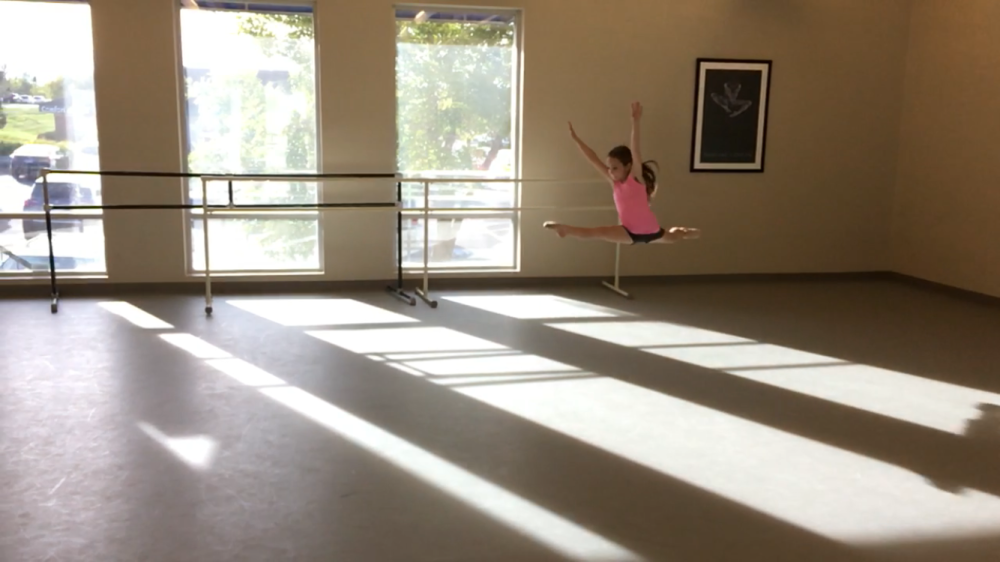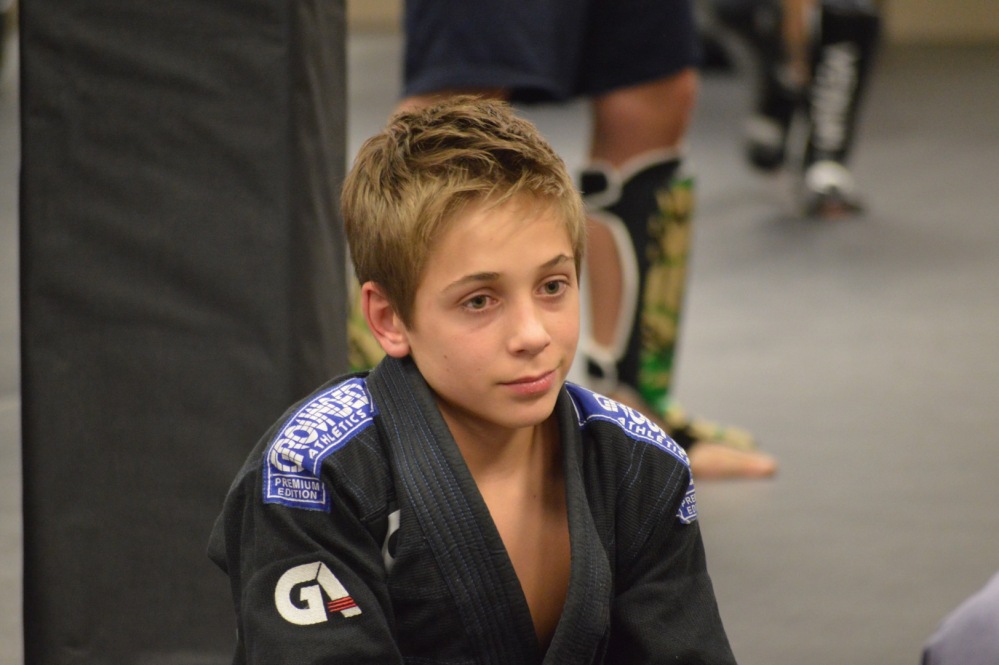Both of my kids compete in their respective sports. Both conceived a passion for their sports early and both work really hard to get better at what they do. Each of them spends several hours a week practicing what they do.
My daughter dances.

My son does jiu jitsu.

If you are friends with me on Facebook, you’ve seen posts with both of my children and the competitions they’ve entered, won and lost.
Is being a mom to a competitor any different than being a mom to a kid who doesn’t compete? I have no idea, because both of my kids have been competing for years.
My daughter started competing in dance when she was 5. Her dance teacher asked if she’d be interested in being on their first competition team and she’s never looked back. She has won several judges choice awards in large competitions, meaning that she has stood out from among dozens, if not hundreds of other dancers.
My son started competing in wrestling when he was 4, but that was a bust. Dad was a little too gung-ho and turned our boy off of wrestling for many years. He started competing in jiu jitsu when he was 8 and has won many, many trophies, including some world championships and national championships.
So, here’s what I’ve learned about supporting my kids in their respective competitive sports.
- Let them do what they love and make it a regular part of their schedule. I find that it’s a lot easier for the kids to get to classes when they have a regular weekly schedule that doesn’t deviate. When their class schedules change, it really seems to throw them off and demotivate them for a time.
- Trust their teachers and coaches. You don’t need to be your children’s coach for their sport. Indeed, you shouldn’t, unless you are an expert at that sport and practice it daily. All it does is confuse the children and irritate them when you give them wrong advice, no matter how well-meaning. You have them in the schools, at the gyms and academies where you enrolled them for a reason. Trust the coaches and teachers and let them do their jobs.
- Support them when they are down. Losing is part of competing. No one wins all the time. Kids understand when they get meaningless medals. My kids hate meaningless rewards. When the kids lose legitimately, we try to take that as a learning experience so they can get coaching, drill, improve their skills and do better next time. We hold them when they cry, but like bird parents, continue to push them from the nest so they can learn to fly. Personally, I think this is one of the best things about competitive sports. It’s such a great life lesson that you can lose, keep working at something, and win the next time, or the next. It’s so important to be able to pick yourself up, dust yourself off and continue on.
- Make opportunities available to them. We’ve tried to get our daughter onto the jiu jitsu mat a couple of times because we both feel it would be good for her. However, she’s not having any of it. Our son enrolled in a hip hop class once. However, when it interfered with his jiu jitsu class schedule, he dropped it and that was fine. Both kids took gymnastics after the 2012 Olympics and liked it for a while, but both decided that it really wasn’t the sport for them. Both of them have tried a few other things (swimming, golf and tennis are all necessary life skills in my opinion, so they’ve had classes)
- Don’t push, but do encourage. Keeping a regular practice schedule helps a lot with this. However, some days, some weeks, the kids just aren’t going to feel like going to their classes. It often helps to schedule a private lesson with their coaches to help re-ignite their passion. Sometimes, you just have to let them have the time they need to concentrate on homework or just to have a break.
- Be there. Go to practices, even if it’s only part of them. Definitely go to every competition. Cheer your heart out for your kid. Even if they aren’t the best out there, they are doing the best they can at that moment, and that’s something to be proud of.
How do you help your competitive children?
Excellent post!! I think every one of your points is relevant. I especially like “trust the process and the coach” and “support them when they are down”. My children tried out for several sports teams when they were younger – it was before the age of everyone making the team, and everyone getting a participation trophy. Loses happen in competition. I love how you help your children learn from those loses. Thanks for sharing.